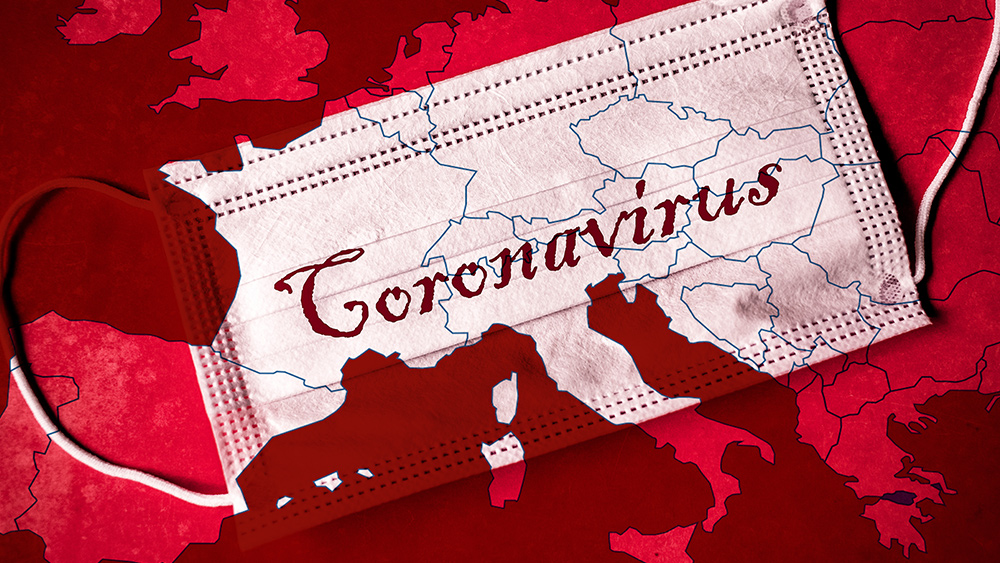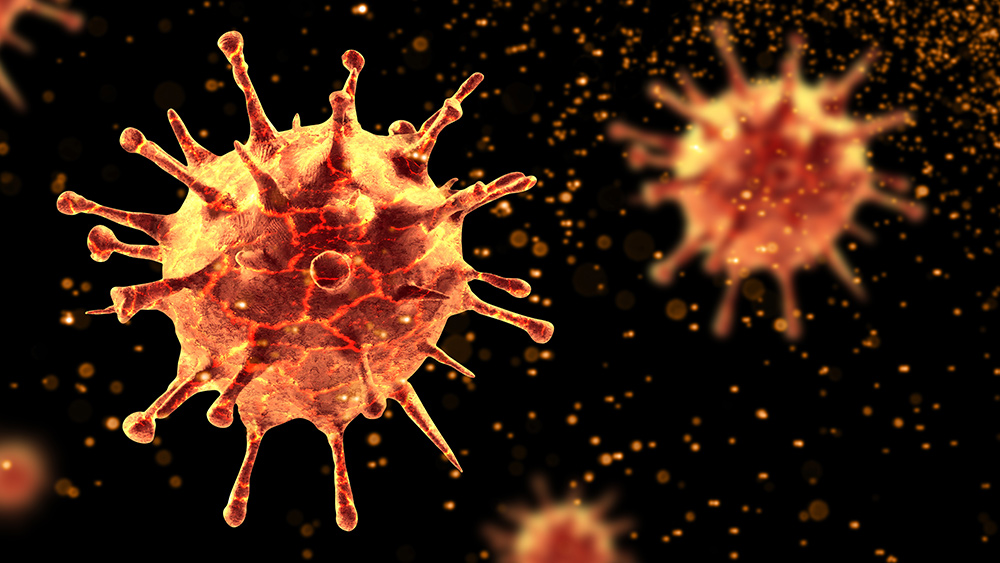In California, where millions are under lockdown, people are calling the police to report their coughing neighbors
03/22/2020 / By Tracey Watson

As at March 17, close to 7 million Californians across seven Bay Area counties have been ordered to shelter in place to try to slow the spread of the COVID-19 coronavirus.
For at least the next three weeks, residents of Santa Cruz, Santa Clara, Marin, San Mateo, Alameda, Contra Costa and the city of Berkeley will have to hunker down inside their homes. These measures are the most stringent implemented thus far in the United States, after what many have deemed an unforgivably slow federal response to the virus.
As people prepare to ride out the storm, an increasing number of 9-1-1 calls have been placed by concerned Californians to report coughing coming from their neighbors’ homes. (Related: Coronavirus spreads on the East Coast: DC’s first patient is a minister, New York City firefighters banned from responding to COVID-19 cases.)
‘I’d like to report loud coughing coming from next door’
As people grow increasingly concerned about getting infected by those around them, police departments report receiving an increasing number of calls from members of the community convinced that their neighbors’ sneezing or persistent coughing must mean that they have been infected with COVID-19.
In many cases, the calls are forwarded to the fire department where paramedics are also dispatched to directly provide any needed medical attention before transporting the person to an area hospital.
That it takes a lab test to determine whether a person is actually positive for the virus doesn’t matter. The concern is real and each call, no matter how infrequent, is a request for help that law enforcement personnel must take seriously and handle professionally.
While some of these calls are undoubtedly the product of fear and have no real basis for concern, authorities treat each and every call as a warning of a serious potential threat, and police officers have no choice but to respond.
Unfortunately, these calls place police officers at increased risk of contracting the disease themselves, though they make a point of complying with the latest directives from the Centers for Disease Control and Prevention (CDC) in a bid to protect themselves. (Related: Travelers appalled by lack of screening at NYC airports amid coronavirus outbreak.)
First responders at higher risk
Officials have expressed concerns about police officers being at increased risk of contracting the coronavirus because of the large number of calls they are responding to from potentially infected members of the public.
Neil Gallucci, president of the California Peace Officers Association, warned that extra precautions need to be taken to avoid the worst-case scenario of a first responder contracting the virus and then spreading it to others.
“If that happens enough, we worry about calls for service,” Gallucci told the Desert Sun. “We’re prepared to deal with issues that come up, but it’s a concern chiefs worry about.”
Gallucci added, however, that since police officers all receive special training about maintaining sanitary conditions and are being extra vigilant at the moment, it is unlikely that a first responder would become infected in this way.
As reported by the Desert Sun, emergency personnel know that they have to expect heightened levels of concern and fear from members of the community, and are aware of the need to determine whether there is a real cause for concern.
As such, dispatchers were initially instructed to check with callers whether they or the person they were calling about had recently traveled to countries like China, Iran or Italy where COVID-19 outbreaks were first reported.
However, as the pandemic has taken hold in the United States, the nature of dispatchers’ questions has changed, and callers are now simply asked whether they or the person they’re calling about has had any contact with an infected person.
And brave police officers are standing by to respond to every single call.
Don’t miss out on the important stuff; stay updated at Pandemic.news.
Sources for this article include:
Tagged Under: California, coronavirus, covid-19, first responders, infections, lockdown, neighbors, outbreak, pandemic, police officers, quarantine, stupid

















